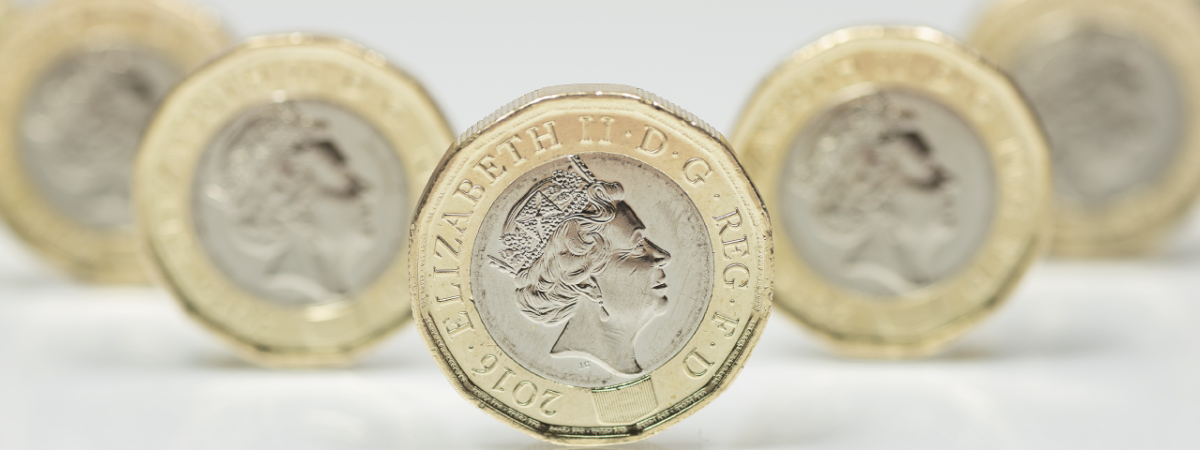Relieving the problems of the poor needs more than ‘sledgehammer’ of minimum wage increases, says IEA
SUGGESTED

Len Shackleton responds to Public Accounts Committee report

Len Shackleton responds to government comments on executive pay

Len Shackleton responds to Resolution Foundation report
“It’s not surprising that the number of low-paid workers has fallen, given the substantial increases in minimum wage rates, and in particular the National Living Wage. However, government wage-setting is not a particularly effective way of reducing in-work poverty, let alone improving the lot of those who are not working at all.
“Most low-paid workers do not live in poor households, and many of the beneficiaries of minimum wage hikes are students, the semi-retired who are adding to pensions, and second-earners in families. A high proportion of beneficiaries are working part-time so the notion of a ‘living wage’ is misleading, as even at £10 an hour a minimum wage would not produce a decent living if you only work 10 hours a week and have no other income.
“So far successive increases in the real value of minimum wages have not had a noticeable effect on employment, but it cannot be assumed that further sharp increases won’t effect jobs. We should not put the benefits of the UK’s flexible labour market at risk, particularly at this time of uncertainty.
“Low pay and poverty are not synonymous and relieving the problems of the very poor need more subtle policy rather than the sledgehammer of minimum wage increases”.
Notes to editors:
For media enquiries please contact Nerissa Chesterfield, Head of Communications: nchesterfield@iea.org.uk or 07791 390 268 or Emma Revell, Communications Manager: erevell@iea.org.uk or 07931 698246.
For related IEA research on the labour market and the minimum wage, click here.
The mission of the Institute of Economic Affairs is to improve understanding of the fundamental institutions of a free society by analysing and expounding the role of markets in solving economic and social problems and seeks to provide analysis in order to improve the public understanding of economics.
The IEA is a registered educational charity and independent of all political parties.



